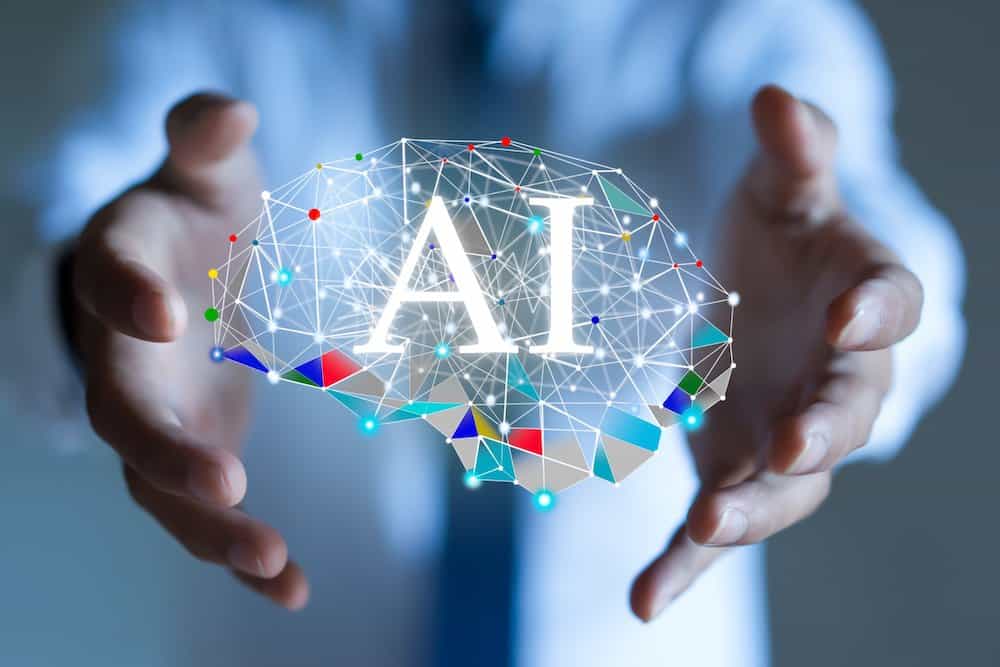The field of artificial intelligence is rapidly advancing and transforming the way it is used in various industries. Among the most promising developments is the ChatGPT, a language model that uses the GPT-3.5 architecture and is trained by OpenAI. The ChatGPT represents a breakthrough in the world of AI and has enormous potential for use in healthcare. The technology can be used in a wide range of applications, from analyzing patient data to generating treatment plans, and has the potential to revolutionize the healthcare industry.
One of the most significant advantages of ChatGPT in healthcare is its ability to analyze patient data and generate insights that can help healthcare providers deliver more targeted and effective treatments. By analyzing substantial amounts of data, technology can identify patterns and correlations that may not be immediately apparent to human providers. This can help to improve patient outcomes and reduce healthcare costs by ensuring that patients receive the most appropriate treatments for their conditions.
Another potential application of ChatGPT in healthcare is in personalized medicine. By analyzing a patient’s medical history, genetics, and other data, the technology can generate personalized treatment plans that consider the patient’s unique needs and circumstances. This can help to improve the effectiveness of treatments and reduce the risk of adverse reactions or complications.
ChatGPT can also be used to develop virtual assistants that can assist patients in managing their health and communicating with their healthcare providers. These assistants can provide personalized recommendations on diet, exercise, and medication schedules, and reminders for appointments and follow-up care. This can help to improve patient engagement and adherence to treatment plans, which can lead to better outcomes and reduced healthcare costs.
However, to fully realize the potential of AI in healthcare, there is a need to regularize and standardize its use in the industry. This will require the development of industry-wide standards and protocols that can be adopted by healthcare providers and other stakeholders. Standardization is essential to ensure that AI is being used in a safe and regulated manner and to prevent potential harm to patients.
Fortunately, progress is already being made in this area, with a growing consensus on the need for regulation and standardization. The use of AI in healthcare is becoming increasingly widespread, and there is a growing recognition of the potential benefits of the technology. With continued research and development, ChatGPT and other AI technologies have the potential to revolutionize the healthcare industry and make it more efficient, cost-effective, and personalized for patients. We are on the cusp of some truly revolutionary breakthroughs in the years to come, and the future of healthcare is looking brighter than ever.

A. Hadi Chaudhry
A. Hadi Chaudhry is the CEO and President of a leading health IT service firm, CareCloud. He believes innovation can enhance healthcare delivery dynamics to ensure everyone lives a healthier and happier life!







